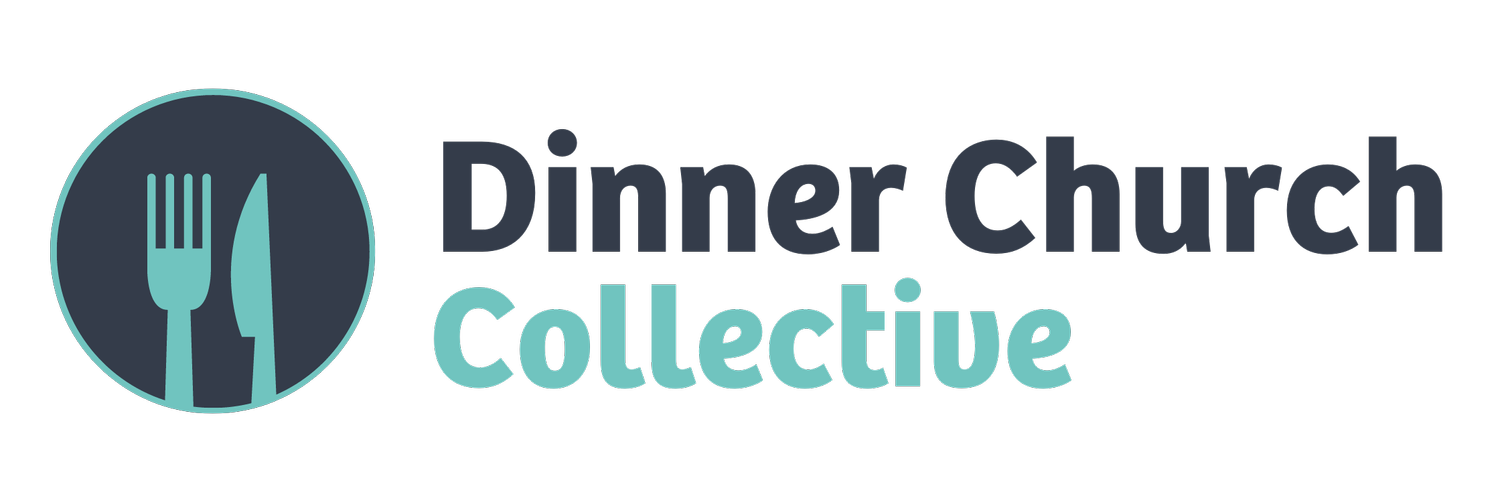Starting a Dinner Church in the Midst of Chaos with David Kidd
Listen
Watch
Show Notes
Is there a “right” time to plant a Dinner Church? Probably not, according to David Kidd, a Dinner Church leader in Ohio. David’s congregation was in the midst of major transitions when he and his team started a new table-centered ministry. While it was a chaotic time, they now have a thriving community alongside their established congregation, and an initiative to start more across the state.
Dave Kidd is president, co-founder, and missional strategist for Binding Hearts Family and Community Ministries and Binding Hearts Community Dinners, which operate under a trans-denominational, faith-centered nonprofit, Binding Hearts Marriage and Family Ministries. He, along with his wife, Robin are passionate about resourcing families, restoring community, re-mobilizing a missional movement, and re-missioning the Church.
Help us spread the word about the Dinner Church podcast by subscribing and leaving us reviews on Apple Podcasts, Spotify, YouTube or wherever you enjoy your podcasts.
Related Resources:
Email us: podcasts@freshexpressions.com
Interview Summary
In a moment of divine inspiration, I was called to transform our church's approach—shifting from Sunday sermons to community dinners.
This profound insight from David Kidd marks the beginning of a revolutionary change in how his community experiences church and spirituality.
David Kidd, a seasoned leader and pastor, embarked on a journey that would redefine the traditional church experience into something more communal and accessible. The concept of the dinner church, which combines a sit-down meal with spiritual discussion, emerged as a response to the growing disconnect many felt towards conventional church services. David explains, "This model breaks down barriers, making the church a home for everyone who seeks spiritual connection."
Community-Centric Worship
The dinner church's core is its focus on community and fellowship. By centering activities around a meal, these gatherings create a neutral space where people can engage with their faith in a less formal, more welcoming environment. David shares, "It’s about more than just food; it’s about feeding the soul in a setting where everyone feels valued."
We didn't just change the location of our worship; we transformed its essence, making community and connection the heart of our church.
The Growth and Impact of Dinner Churches
As the dinner church model expanded, it began to resonate across various communities, demonstrating its universal appeal and adaptability. David reflects on the growth, noting that "each dinner church becomes a beacon of hope and a safe space for honest conversations about faith, life, and everything in between." The simplicity and effectiveness of this model lie in its ability to meet people where they are, offering a blend of spiritual nourishment and communal support.
Bridging Gaps
Dinner churches excel in bridging social and spiritual gaps within communities. They attract a diverse group of participants, from the unchurched and disenchanted to those seeking a deeper connection with their community and faith. The success stories from these churches highlight significant personal transformations and reinvigorated faith practices among attendees.
Every meal shared is an opportunity for transformation—each table a confession booth, a therapy session, a celebration of life.
Challenges and Triumphs
Transitioning to a dinner church was not devoid of challenges. Initial resistance from traditional congregants and logistical hurdles were significant, yet the triumphs far outweighed these difficulties. David candidly shares the victories, "Seeing individuals who had never felt comfortable in traditional church settings opening up and finding community is profoundly rewarding."
Sustaining Community Engagement
Maintaining momentum and engagement in dinner churches involves continuous effort and innovation. David emphasizes the importance of evolving the model to meet changing community needs while staying true to its core values of openness and inclusivity.
David Kidd’s journey with the dinner church model illuminates a path of religious practice that is profoundly relational and community-focused. This model challenges and inspires by demonstrating that church can be anywhere people gather to share food and faith. "Our dinner church doesn’t just change lives temporarily; it alters them forever," says David, encapsulating the profound impact of this approach.
Reflection Questions
- How can traditional churches integrate the principles of dinner churches to enhance their community engagement?
- In what ways do communal meals break down barriers within a church setting?
- What roles do authenticity and vulnerability play in the success of dinner churches?

